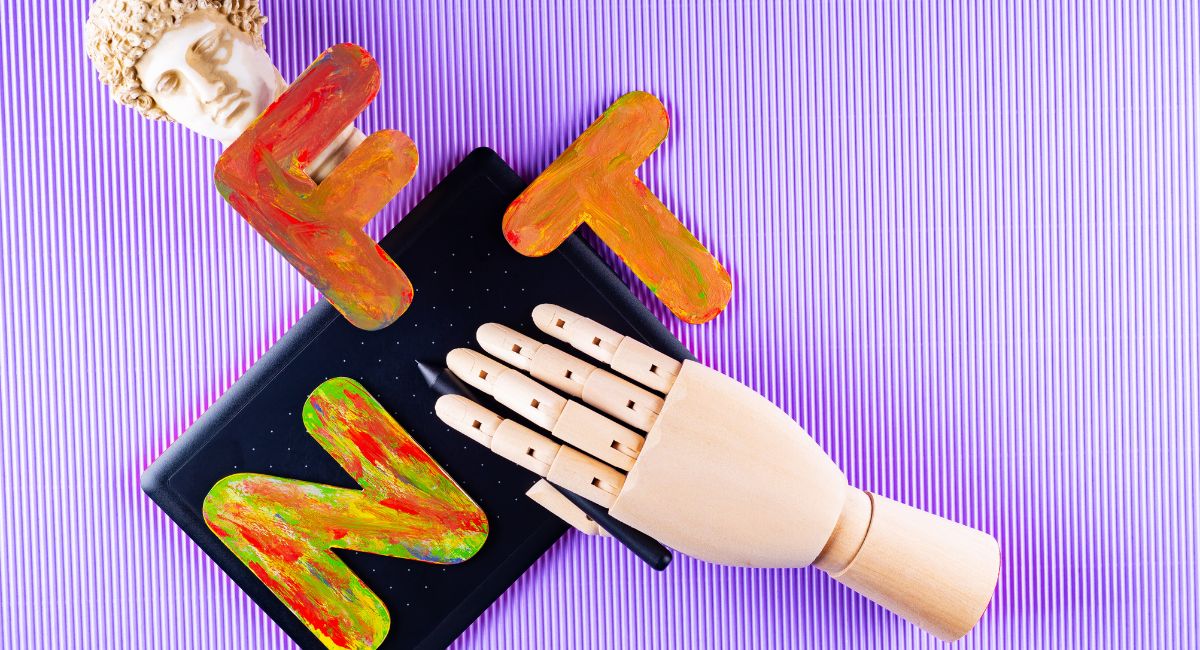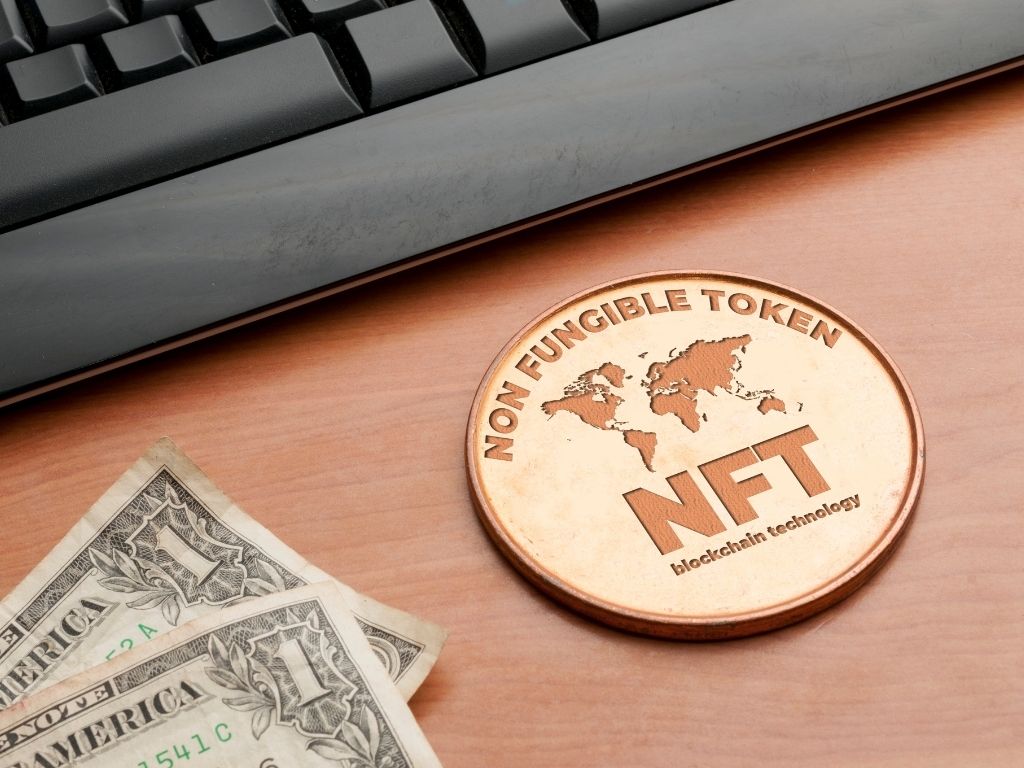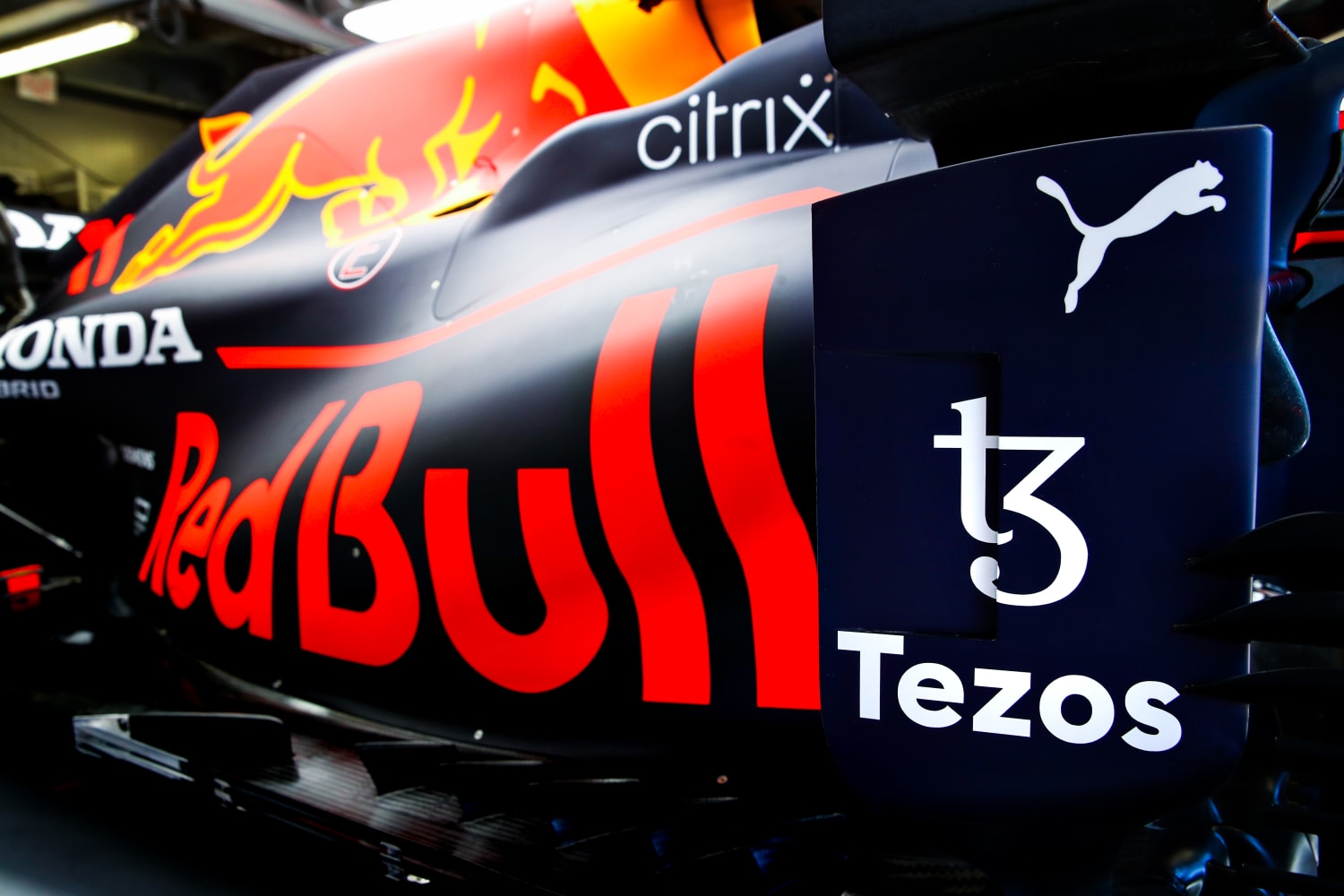Top 4 Copyright Essentials For Everyone In NFT world
The main draw of non-fungible tokens (NFTs) is that they enable owners to show their exclusive ownership over intangible assets, such as a work of digital art or a song, in an unchanging and verifiable manner. Although this technology may appear groundbreaking, the truth is much more complicated.
Piracy and plagiarism are rampant in the NFT market, and consumers still don’t seem to understand the copyright and intellectual property rules that support their purchases. It doesn’t have to be this bad.
Top 4 Copyright Essentials For Everyone In the NFT world
- Search for blue ticks.
Purchasing exclusively from verified projects is a quick and easy solution to prevent fraud in the NFT market. Anyone can right-click on an expensive NFT, save it, and later upload it again with any label they like.
The customer is responsible for confirming that NFT is due to cryptocurrency’s “lift yourself up by your bootstraps” mentality. To circumvent this, platforms like OpenSea issue blue ticks for “confirmed collections”; you can also examine the contract URL to determine whether the NFT you intend to purchase is from a reliable project. Remember that an NFT might not be from a confirmed project or even be fraudulent, even if someone’s Twitter profile image has been transformed into a hexagon.
A blue tick, however, does not guarantee that the project will not be fraudulently continued or abandoned.
- Verify that the artist has issued NFTs.
What about more recent collections, though, where the seller isn’t confirmed?
Some NFTs are produced without the artist’s consent, which means you are purchasing from an unreliable source and someone other than the artist. For instance, musician Nat Puff claimed that NFTs of her tunes posted to the music NFT marketplace HitPiece are not hers. She reiterated her opinion about non-fungible technology as evidence, saying that “NFTs are s**t and if you support them you’re indirectly aiding the downfall of independent creative.”
Many artists will tack tweets indicating whether they are selling NFTs. You can get in touch with the artist and inquire whether an NFT is theirs. If you are unsure, look for them on Twitter or another online platform to see if they are minting NFTs.
DeviantArt has developed a project to scan and report art theft on major platforms because bot-driven art theft is so common.
Check out a YouTube podcast with @boguszp and @paulvinitsky about @nftpatent:https://t.co/5w4c6lOM0G
— Andriy Khvetkevych (@khvetkevych) December 23, 2022
- You probably don’t own the copyright if you purchase an NFT.
When you purchase an NFT, you are acquiring ownership of a blockchain-based token that only identifies the location of a file, video, or image. This means that holders only have the right to hold and sell the token and do not have ownership rights in the things that the token points to unless you have specifically agreed otherwise with the seller or other pre-existing provisions state that ownership rights move with the token.
This was demonstrated by SpiceDAO, which paid $3.8 million for one of the final copies of Alejandro Jodorowsky’s unfinished script for his film version of the classic science fiction book “Dune.” SpiceDAO intended to sell an “original animated limited series” based on the book to a streaming service and “make the book public (to the degree authorized by law).”
After observers like Jamie Powell in the Financial Times pointed out to readers that “ordering a copy of anything doesn’t guarantee you sole rights to commercialize its content,” the idea garnered mockery. According to BuzzFeed, “several artists and their estates retain the copyrights for the book’s content,” The decentralized autonomous organization (DAO) must now persuade these parties to permit them to play around with the intellectual property.
Ownership of copyright can be hazy at times. That most definitely applies to CryptoPunks. According to research done by Eric Paul Rhodes in July 2018, Larva Labs, the company that created CryptoPunks, adopted the NFT license in 2019. This license would have allowed for non-commercial use but would not have allowed for image modification. Rhodes discovered that a unique license agreement was used, one without restrictions for product sales.
You would certainly not possess the rights to an NFT fraudulently created about recommendation number 2. Section 504 of the Copyright Act also allows for sanctions of up to $30,000 for each infraction if you sell a false NFT.
Also, read – Murat Sayginer’s Mind From Animation Film To NFTs
- You might have ownership of the asset’s copyright, but first, review the terms and conditions.
You do occasionally possess the copyright. To the degree permitted by law, Gremplin, the villainous king who rules over the fictional CrypToadz metaverse, has “waived all copyright and related or adjacent rights to CrypToadz by Gremplin.” Because CrypToadz was developed under a Creative Commons license (CC0), anyone can alter their NFTs without worrying about legal repercussions.
Yuga Labs, who created the Bored Ape Yacht Club, also stated that members own “the underlying Bored Ape, the Art, totally.” Yuga Labs thus offers you “an unlimited, global licence to use, duplicate and exhibit the acquired Art for the purpose of making derivative works based upon the Art,” such as creating T-shirts – so long as you can demonstrate that you possess the NFT.
Stay informed with daily updates from Blockchain Magazine on Google News. Click here to follow us and mark as favorite: [Blockchain Magazine on Google News].
Get Blockchain Insights In Inbox
Stay ahead of the curve with expert analysis and market updates.
latest from tech
Disclaimer: Any post shared by a third-party agency are sponsored and Blockchain Magazine has no views on any such posts. The views and opinions expressed in this post are those of the clients and do not necessarily reflect the official policy or position of Blockchain Magazine. The information provided in this post is for informational purposes only and should not be considered as financial, investment, or professional advice. Blockchain Magazine does not endorse or promote any specific products, services, or companies mentioned in this posts. Readers are encouraged to conduct their own research and consult with a qualified professional before making any financial decisions. The featured image used is just a creative depiction of the title and it does not intend to hurt sentiments of any person or institution. If it hurts anyone sentiments, please do not hesitate to reach out to Blockchain Magazine.

 Bitcoin
Bitcoin  Ethereum
Ethereum  XRP
XRP  Tether
Tether  Solana
Solana  USDC
USDC  Dogecoin
Dogecoin  Cardano
Cardano  Lido Staked Ether
Lido Staked Ether  TRON
TRON  Wrapped Bitcoin
Wrapped Bitcoin  Chainlink
Chainlink  Wrapped stETH
Wrapped stETH  Avalanche
Avalanche  Sui
Sui  Stellar
Stellar  Toncoin
Toncoin  Hedera
Hedera  Shiba Inu
Shiba Inu  LEO Token
LEO Token  Hyperliquid
Hyperliquid  Litecoin
Litecoin  Bitget Token
Bitget Token  WETH
WETH  USDS
USDS  Polkadot
Polkadot  Bitcoin Cash
Bitcoin Cash  Ethena USDe
Ethena USDe  Wrapped eETH
Wrapped eETH  Uniswap
Uniswap  MANTRA
MANTRA  Ondo
Ondo  Pepe
Pepe  Monero
Monero  Aave
Aave  WhiteBIT Coin
WhiteBIT Coin  NEAR Protocol
NEAR Protocol  Mantle
Mantle  Official Trump
Official Trump  Aptos
Aptos  Dai
Dai  Internet Computer
Internet Computer  Ethereum Classic
Ethereum Classic  Bittensor
Bittensor  OKB
OKB  Cronos
Cronos  POL (ex-MATIC)
POL (ex-MATIC)  Gate
Gate 




